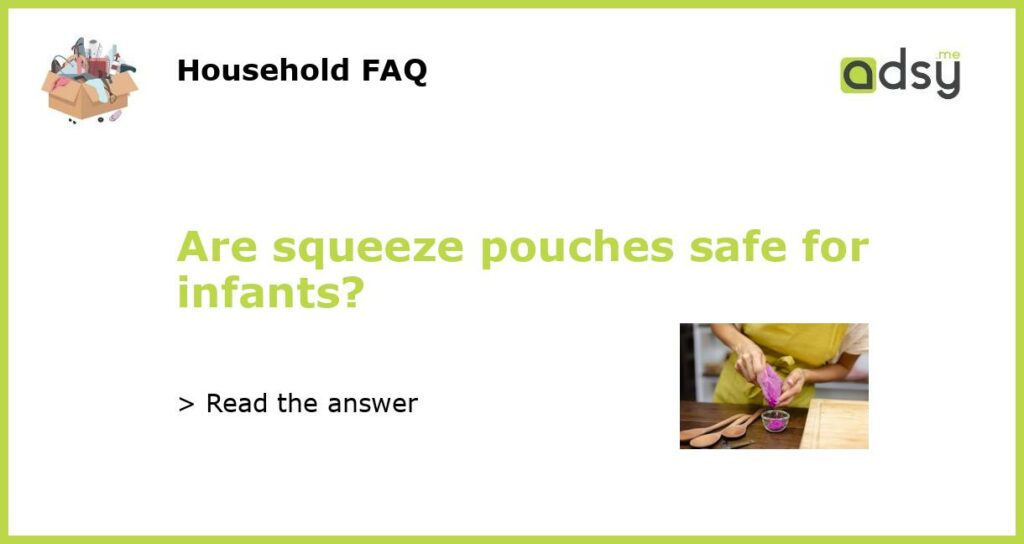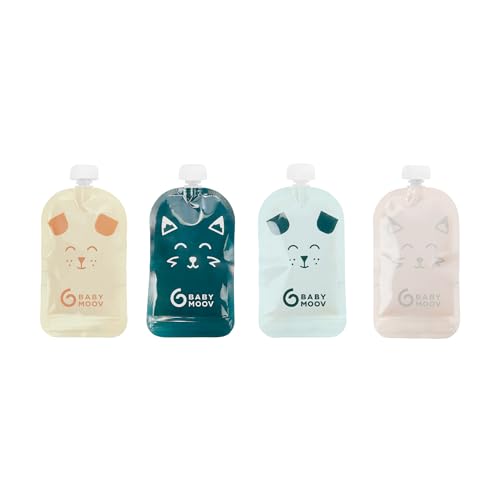The Safety Concerns Surrounding Squeeze Pouches for Infants
As a parent, it’s natural to prioritize the safety and well-being of your child. When it comes to introducing solid foods to your infant, you may have considered using squeeze pouches for their convenience and ease of use. However, it’s important to understand the safety concerns surrounding these popular products.
Choking Hazards with Squeeze Pouches for Infants
One of the primary safety concerns with squeeze pouches for infants is the risk of choking. While the design of the pouches is intended to prevent spills and messes, the soft spout can pose a potential choking hazard if it becomes detached or damaged. Additionally, if an infant bites down on the pouch too hard, they may accidentally squeeze out more food than they can handle, leading to a choking risk.
Potential Issues with Ingredients in Squeeze Pouches for Infants
Another consideration when it comes to the safety of squeeze pouches for infants is the ingredients they contain. While many pouches are filled with nutritious fruits and vegetables, some may also contain added sugars, artificial flavors, or preservatives. It’s essential to thoroughly read the ingredient list before offering these pouches to your infant, as certain ingredients may not be suitable for their sensitive digestive systems.
Proper Usage and Supervision is Key for Squeeze Pouch Safety
While there are safety concerns associated with squeeze pouches for infants, they can still be used safely when proper precautions are taken. It is essential to always supervise your child while they are eating from a pouch, ensuring that they are seated upright and not moving while consuming the food. Additionally, regularly check the pouch for any signs of damage, such as leaks or loose caps, and discard any pouches that may pose a risk.
Alternative Options for Introducing Solid Foods to Infants
If you are concerned about the safety of squeeze pouches for your infant, there are alternative options available for introducing solid foods. Traditional spoon-feeding with mashed or pureed foods allows for more control over portion sizes and prevents the risk of overeating. Baby-led weaning, where infants are encouraged to self-feed with age-appropriate finger foods, is another safe option to explore. Consult with your pediatrician to determine the best method for introducing solids to your child.






